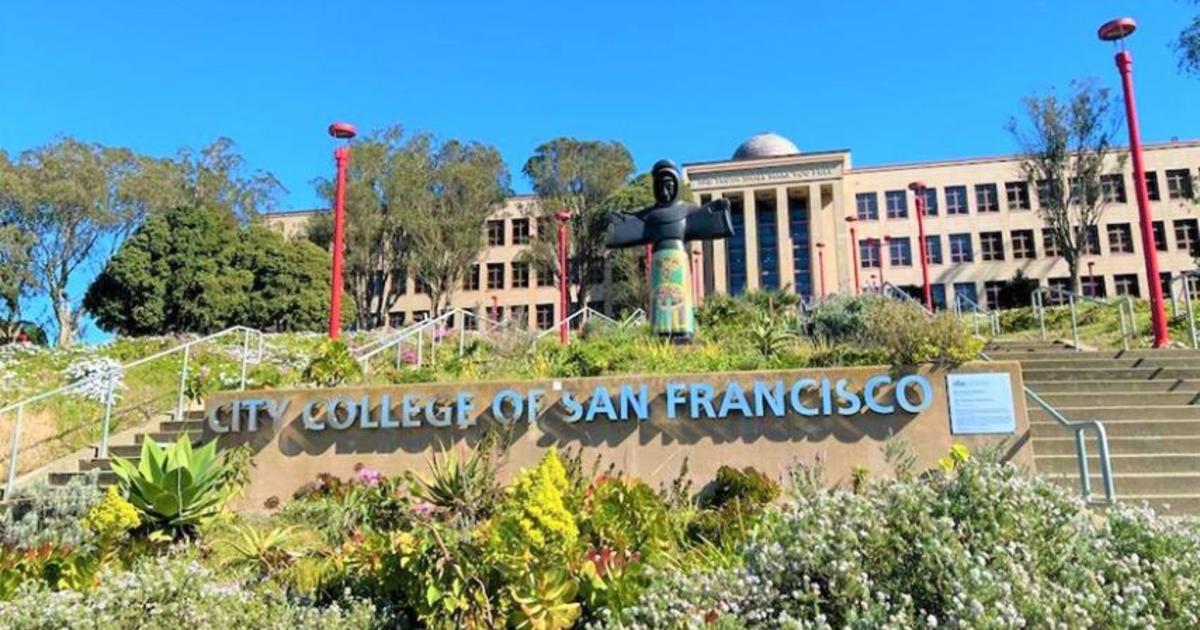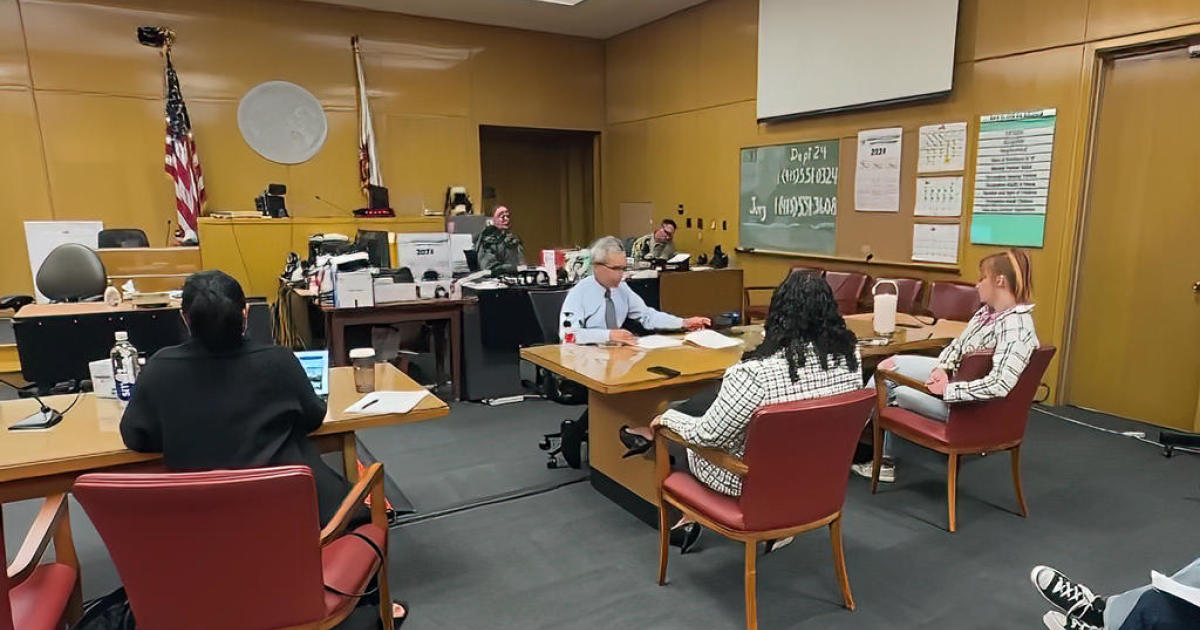Central Valley farmers fear groundwater recharge may be hampered by state policy
FRESNO -- Much has been said of California's two consecutive years of above-average precipitation but there are still some grumblings in California about the water supply.
In the Central Valley, some districts say their groundwater recharge projects are getting squeezed as they await word on what kind of water deliveries they'll get this year.
"This is our main canal," explained Manny Amorelli. "This runs the length of our district, kind of like the highway, the main highway of the district."
Amorelli is general manager of the James Irrigation District in Fresno County.
"Our sub-basin last year we recharged over 500,000 acre-feet of water," Amorelli said.
The follow-up to last year's big payoff has been a different story.
"Normally this would be all filled. In a wet year we'd have this whole thing filled with water," he said, pointing to the drying ponds.
The problem, according to Amorelli, is the district's current allocation from the Central Valley Project and the Bureau of Reclamations. Initially, just 15 percent of their contract, it has since been bumped up to 35 percent.
"It's like every year we have to wait and hold our breath and see how much of that we're going to get." Amorelli said.
"Right here we have a barley that we planted last fall," said Joaquin Contente. "Across the street we've got some winter forage."
Farmers like Contente are also left guessing. If the allocations are low he would normally draw from underground.
"That's when we start turning on the pumps to try to get as much water as you can," Contente said. "But now, with SGMA, you can't do that so you've got a depend on surface water."
SGMA is the state's new groundwater sustainability plan. For Amorelli, this makes for something resembling a Catch-22. In order to keep recharging his groundwater he relies partly on the surface-water allocation.
"Our contract amount is 35,000 acre-feet,"Amorelli explained. "If we get 75 percent of that we would have spare water to stick in the ground."
The bureau, which had not responded to a comment request before publication, does adjust its allocations based on things like number of storm systems and the hope is that the figures will jump again.
"I'm hopeful," Amorelli said. "The bureau, from what I understand, may or may not do a revised number."
"Most of these reservoirs are almost full," Contente added. "So that's a good sign."
For the moment, the groundwater pools sit dry, even after another healthy year of precipitation.
"These things should be full," Amorelli said of the ponds.




